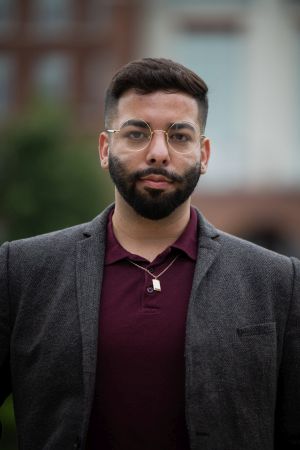
Angel Armenta
Department of Psychology
Armenta’s research programs investigate violent radicalization toward societal shifts and the enactors of those shifts.

James Brusuelas
Department of Modern and Classical Languages, Literatures and Cultures
Brusuelas’ work focuses on Greek and Latin language and literature, Greek history, papyrology, artificial intelligence and the humanities and cultural heritage, mixed reality platforms/applications (holograms) and language learning.
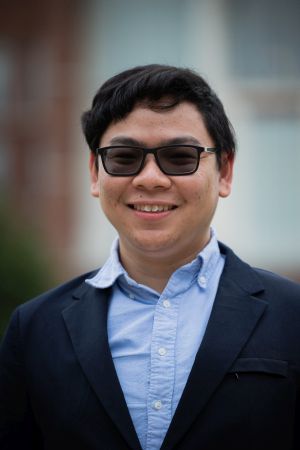
Martin Luther Chan
Department of Modern and Classical Languages, Literatures and Cultures
Chan specializes in Middle Eastern languages, focusing on Hebrew and cognate Semitic languages.
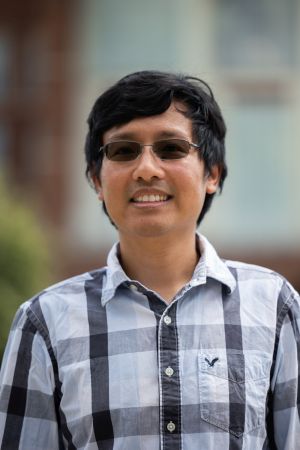
Ryan Cheng
Department of Chemistry
Cheng’s research focuses on using statistical mechanics, biopolymer theory and machine learning to unravel the mechanistic principles of genome organization and transcriptional regulation.
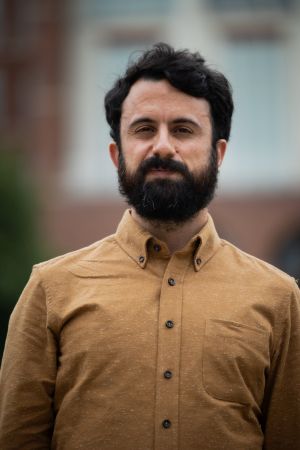
Gerónimo Sarmiento Cruz
Department of English
Sarmiento Cruz is interested in the overlap of politics and aesthetics, minority writing and U.S. contemporary poetry and on hemispheric approaches to poetics and literature.

Raymond De Luca
Department of Modern and Classical Languages, Cultures, and Literatures
De Luca works in Russian Studies, Animal Studies and Film Studies.
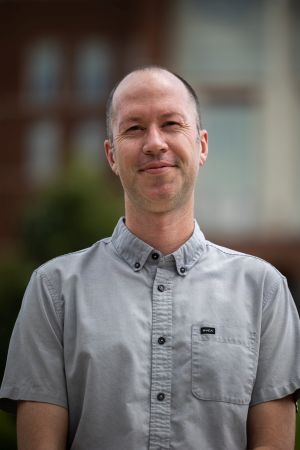
Jake Ferguson
Department of Biology
Ferguson works to understand how animal populations interact with their environment and the mechanisms that allow complex ecological systems to persist through time.
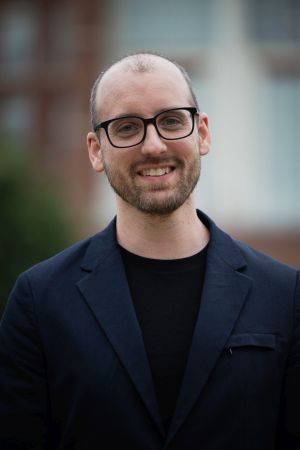
Scott Hader
Department of Mathematics
Hader works with classical Lie groups ("Lee groups"), which is representation theory applied to isometry groups of Euclidean spaces.
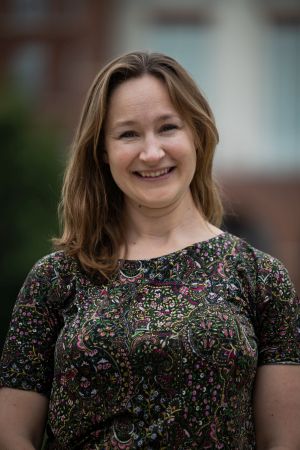
Danielle Herrig
Department of Biology
Herrig’s background is in evolutionary genetics — how a single species diverges to become separate species and how populations respond to environmental changes.

Ada Johnson-Kanu
Department of Political Science
Johnson-Kanu looks at comparative politics and political economy, specifically interested in how events (historical and contemporary) shape distributive politics in developing countries and new democracies.
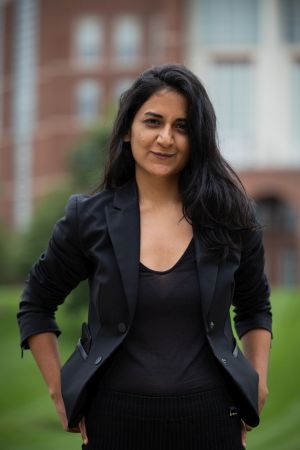
Jap-Nanak Kaur Makkar
Department of English
Makkar reconsiders the relationship between postcolonial fiction and poststructuralism (sometimes called “French theory”) in light of new research on the intellectual networks of the Euro-American academy.

Erin E. Peters
Department of Chemistry
Peters examines the shapes of atomic nuclei inelastic neutron scattering.
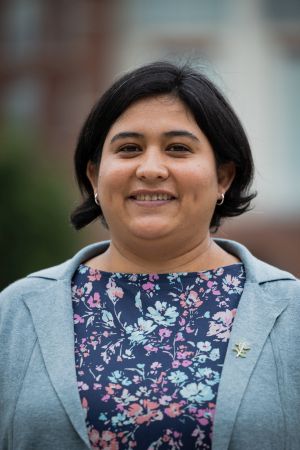
Rosana Zenil-Ferguson
Department of Biology
Zenil-Ferguson is a statistical evolutionary biologist interested in measuring the strength and speed of the mechanisms that allow for speciation and extinction to happen across the tree of life.
